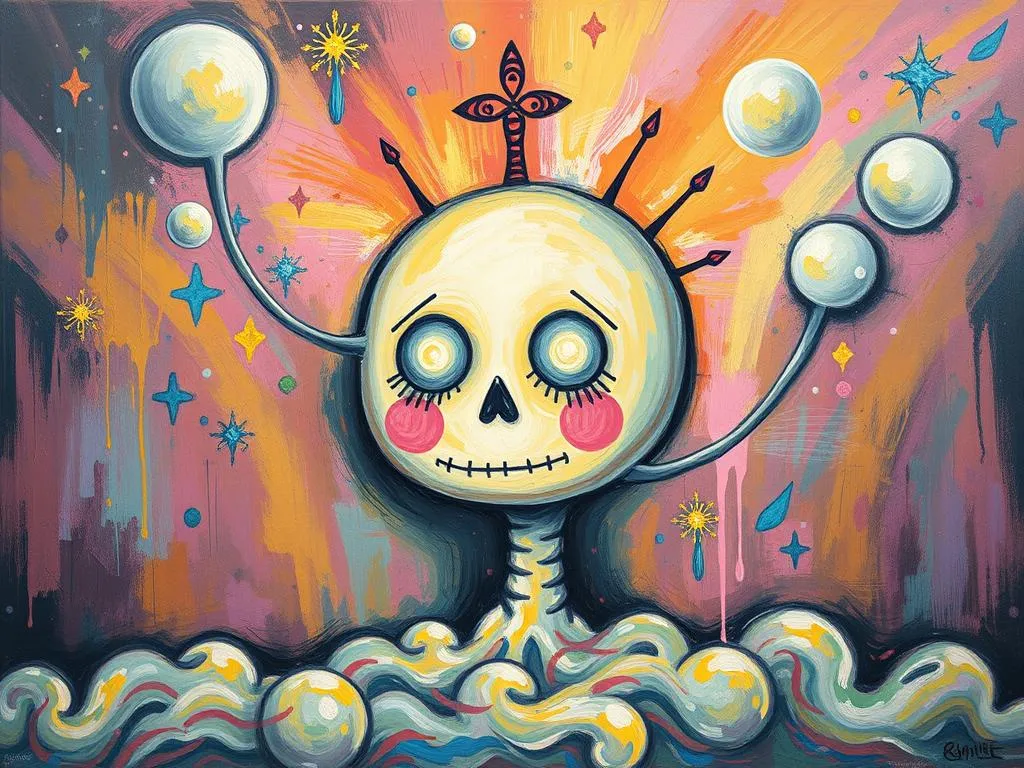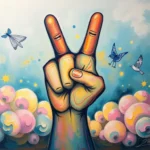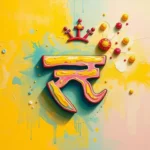
Dreaming of one’s own death can be a profoundly unsettling experience, often leaving individuals feeling perplexed and anxious upon waking. This topic carries significant weight in the realm of dream interpretation, as it touches upon fundamental aspects of the human condition: mortality, change, and transformation. It is a dream that intrigues people not only because of its starkness but also due to its potential to reveal hidden emotions and insights about one’s life. In this article, we will explore the symbolism and meaning behind such dreams, examine various scenarios and variations, and delve into how these dreams can connect to real-life situations, ultimately guiding readers towards deeper self-reflection.
Symbolism and Meaning
Dreams about one’s own death are often rich in symbolism and can convey multiple meanings depending on the context of the dream and the feelings experienced during it. At their core, these dreams typically symbolize transformation or transition. The act of dying in a dream may not indicate a literal end; rather, it often represents the end of a particular phase of life, allowing for new beginnings to emerge. This perspective aligns with the idea that death is not just an end but also a necessary part of the cycle of life.
One common interpretation of such dreams is the representation of fear and anxiety regarding change. Many people harbor an inherent fear of the unknown, and dreaming of one’s own death may signify feelings of insecurity or apprehension about the future. This fear can stem from various life changes—be it a new job, a relationship ending, or a significant life decision—that may evoke a sense of loss or uncertainty.
Moreover, the dream may also symbolize self-reflection and personal growth. In many cultures, death is seen as a gateway to rebirth and renewal. Thus, dreaming of one’s own death can indicate that the dreamer is undergoing a process of introspection, assessing their values, beliefs, and life choices. It can serve as a powerful reminder to let go of old habits, relationships, or aspects of oneself that no longer serve a purpose.
Another layer to consider is the role of guilt and regret. For some, these dreams may reflect unresolved issues or feelings about past decisions. The dreamer might subconsciously feel that a part of them needs to ‘die’ in order to move forward in life. This interpretation invites individuals to confront lingering guilt or remorse and to seek closure on matters that weigh heavily on their conscience.
Ultimately, while dreaming of one’s death can evoke strong negative emotions, it is essential to approach these dreams with an open mind. They often serve as important messages from the subconscious, urging individuals to pay attention to areas in their lives that require healing, acknowledgment, or transformation.
Key Scenarios and Variations
The specific scenarios within dreams of one’s death can greatly influence their interpretation. For instance, dreaming of dying peacefully in a serene environment may signify acceptance of change or a willingness to embrace new beginnings. This type of dream often leaves individuals with a sense of calm and clarity, suggesting that they are ready to let go of the past and welcome new opportunities.
Conversely, if the dream involves a violent or traumatic death, it may indicate unresolved conflict or distress in the dreamer’s waking life. Such scenarios can often be tied to feelings of helplessness or vulnerability. This type of death dream may be a manifestation of the dreamer’s fears and anxieties, revealing deeper emotional struggles that need to be addressed.
Another variation to consider is when the dreamer witnesses their own death from a third-person perspective. This form of detachment may allow individuals to gain insight into their lives, as they can assess their actions and decisions more objectively. In this scenario, the dream can act as a catalyst for self-awareness, encouraging the dreamer to evaluate their current path and make necessary changes.
Some dreams may feature familiar figures—friends, family, or even celebrities—who play a role in the dreamer’s death. The presence of these individuals can add layers of meaning, as it may reflect the dreamer’s relationships with them. For example, if a close friend is involved in the dream, it might indicate feelings of betrayal or conflict that need to be addressed. Alternatively, if the dreamer feels supported by loved ones during the experience, it can signify a strong social network that can help them navigate life changes.
Additionally, cultural beliefs can also influence how one interprets dreams of their own death. In some cultures, such dreams are seen as omens or predictions, while in others, they may represent a spiritual awakening or a call to explore one’s purpose. Understanding personal and cultural contexts can provide further clarity and depth to these dreams.
Real-Life Connections and Takeaways
To derive meaning from dreams of one’s own death, it is vital for individuals to connect these dreams to their real-life experiences. Reflecting on the emotions felt during the dream and the circumstances surrounding it can offer valuable insights into one’s waking life. For instance, consider the following questions: Are there aspects of your life that feel stagnant or unfulfilling? Are you facing significant changes that evoke anxiety? Do you have unresolved emotions about past decisions or relationships?
Engaging in self-reflection is crucial. Keeping a dream journal can be an effective tool for tracking recurring themes and feelings associated with these dreams. Writing down thoughts and emotions upon waking can help individuals process their experiences and identify any patterns that may emerge over time.
In addition to self-reflection, seeking support from trusted friends, family, or even a therapist can provide an external perspective on the feelings stirred by these dreams. Discussing the dream can facilitate deeper understanding and help the dreamer gain clarity on their emotions and thoughts.
Moreover, individuals may benefit from engaging in practices that promote emotional well-being, such as mindfulness or meditation. These practices can help ground the dreamer and foster a sense of peace, making it easier to confront fears and anxieties that may be tied to the dream.
Another practical takeaway is the importance of embracing change. If the dream of one’s death signifies transformation, it may be helpful to adopt a mindset that welcomes new experiences. Rather than resisting change, individuals can work on viewing it as an opportunity for growth and self-discovery.
In conclusion, dreaming of one’s own death, while often unsettling, can serve as a profound catalyst for personal growth and transformation. By exploring the symbolism and meanings behind these dreams, examining various scenarios, and connecting them to real-life situations, individuals can uncover valuable insights. Ultimately, these dreams encourage self-reflection and offer a chance to confront unresolved feelings, paving the way for healing and renewal. As you navigate the complexities of your own dreams, remember to approach them with curiosity and openness, allowing them to guide you towards a more authentic and fulfilling life.







